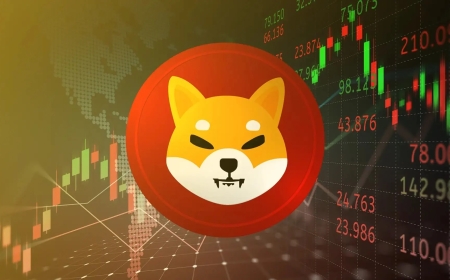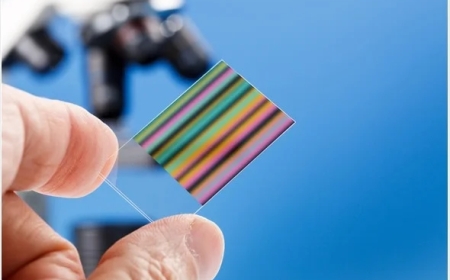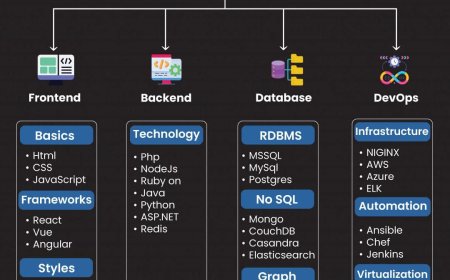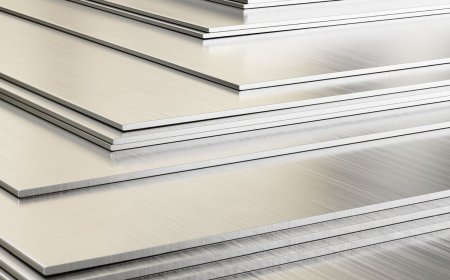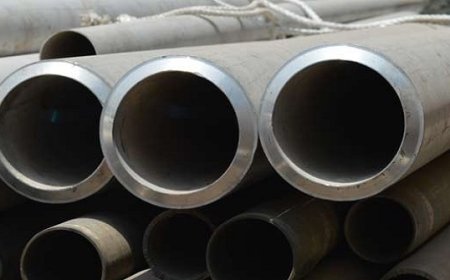Rice Husk Suppliers in India: Powering Sustainable Industries through Agro-Waste Utilization

In an era where sustainability and waste management are at the heart of industrial innovation,rice husk, a byproduct of rice milling, has emerged as an unlikely hero. Long considered agricultural waste, rice husk is now a valuable raw material across industries ranging from energy and construction to animal feed and bioplastics. At the center of this transformation is a rising group of key players: Rice Husk Suppliers.
What is Rice Husk?
Rice husk (also known as paddy husk or rice hull) is the outer shell of rice grains, removed during the milling process. It comprises about 2025% of the total weight of harvested rice.
India, being the second-largest producer of rice globally, generates millions of tons of rice husk annually, making it one of the largest producers of this agricultural byproduct.
Why Rice Husk Matters in Todays Economy
Traditionally burnt or dumped as waste, rice husk is now gaining attention due to its low cost, renewability, and versatile industrial uses.
Key properties include:
-
High silica content (~20%)
-
Lightweight and low bulk density
-
High calorific value (used in boilers and energy production)
-
Biodegradability and natural abundance
This makes rice husk an ideal eco-alternative in several sectors.
The Role of Rice Husk Suppliers
Rice husk suppliers serve as aggregators, processors, and distributors of husk from rice mills to industries that use it as a raw material.
Their key responsibilities include:
-
Sourcing rice husk from mills across regions
-
Sorting, drying, and packing based on industry-specific requirements
-
Delivering bulk or customized quantities to businesses (domestic or international)
-
Maintaining quality standards and timely logistics
In essence, rice husk suppliers bridge the gap between agricultural waste and industrial input.
Key Industries That Use Rice Husk
Rice husk has found its way into multiple sectors due to its eco-friendly and cost-effective properties. Heres how:
Energy Sector
-
Used as biomass fuel in boilers and thermal plants
-
Converted to rice husk briquettes or pellets
-
Used in gasification systems to produce renewable energy
Construction Industry
-
Mixed in cement and concrete to produce lightweight blocks
-
Used as an ingredient in insulation panels and boards
-
Silica extracted from rice husk ash (RHA) is used in high-performance concrete
Agriculture
-
Used as a soil conditioner or mulch
-
Acts as a growing medium in hydroponics and nurseries
-
Processed into organic fertilizers and compost
Animal Husbandry
-
Used as bedding material for poultry and livestock
-
Mixed in cattle feed after processing (low nutritional value but high fiber)
Industrial Manufacturing
-
Source of activated carbon
-
Raw material for bioplastics, tiles, and particle boards
-
Used in the ceramic and glass industry for thermal insulation
Export Potential of Rice Husk
Indian rice husk suppliers are increasingly targeting international markets, especially:
-
Middle East and Africa for biomass energy
-
Europe and Southeast Asia for eco-construction
-
USA and Canada for animal bedding and packaging products
Global buyers are attracted by:
-
Competitive Pricing
-
Sustainable sourcing
-
Abundant and year-round supply
-
Organic certification (in some cases)
With increasing demand for carbon-neutral fuels and green materials, rice husk exports are on the rise.
Supply Chain: How Rice Husk Reaches Buyers
Collection: Suppliers collect raw husk from multiple rice mills.
Processing:
-
Drying to reduce the moisture content
-
Sieving or grinding based on client needs
-
Optional: Compressing into briquettes or pellets
Packaging & Transport:
-
Loose husk for local buyers
-
Packed in sacks (25kg, 50kg) or jumbo bags for bulk orders
-
Transported via trucks or containers (for exports)
Delivery & Payment
-
B2B contracts often involve an advance payment or credit terms
-
Digital tracking and invoicing are adopted by modern suppliers
Growth Opportunities for Rice Husk Suppliers
The rise in eco-conscious businesses is opening up new avenues:
Bioenergy Plants: With biomass gaining momentum as a renewable fuel, rice husk suppliers are partnering with biomass power plants.
E-Commerce and D2C Models: Some suppliers now sell rice husk products (like briquettes, bedding, fertilizer) via online platforms.
Research & Development: Innovations in rice husk bioplastics, composites, and silica extraction are creating demand for higher-purity husk.
Government Tenders & CSR: Suppliers can tap into government biomass procurement programs or CSR-linked green initiatives.
Challenges Faced by Rice Husk Suppliers
Despite the potential, rice husk suppliers face:
-
Inconsistent quality from different rice mills
-
High moisture content during monsoons
-
Storage and transportation issues due to bulkiness
-
Lack of standardization in pricing and contracts
-
Limited awareness in rural rice mills about the husk value
Solution: Adoption of better storage, drying, and packaging systems, and training for rice millers can bridge these gaps.
Note:- Purchase affordable rice husk ash in India
Conclusion
The humble rice husk, once discarded as worthless, is now fueling clean energy, sustainable construction, and agricultural innovation. And it is the rice husk suppliers who stand at the intersection of agriculture and industry, enabling this green transformation.
With India generating over 20 million tonnes of rice husk annually, the possibilities are vast. From village-level entrepreneurs to export-focused businesses, the rice husk supply chain has something to offer for everyone.
Whether you're a startup looking for eco-friendly raw materials or an agro-business exploring waste-to-wealth models, rice husk suppliers will play a crucial role in your journey.
